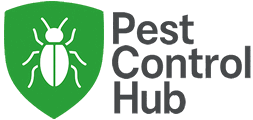Honey Wells Apiary Introduce
Introduction / Overview
For residents and property owners across the expansive New York region, the presence of a new honey bee colony—be it a swarm clustered on a tree or an established hive finding its way into a structure—often presents a dilemma. The modern understanding of ecology and the critical role of the honey bee in agriculture and the local environment means that extermination is now widely considered a last resort. This is where local experts specializing in humane relocation become essential community partners. Honey Wells Apiary, situated in Albion, New York, serves this vital role, focusing their professional efforts on safely moving bee colonies from unwanted locations to a secure, new home where they can continue their essential work. This crucial service supports both the safety of local residents and the long-term health of New York's vital pollinator population, which is indispensable for the state’s agricultural productivity and natural ecosystems. Their dedication to the conservation of these industrious insects places them at the forefront of environmentally responsible pest management in the region.
Honey Wells Apiary operates with a clear commitment to providing a professional, responsible solution to a common, yet sensitive, issue. By choosing relocation over extermination, they actively contribute to the stability and future of New York’s bee populations, an effort that resonates deeply with the environmental consciousness of the broader community. The apiary’s focus is on safe, ethical methods that ensure the well-being of the colony during the entire removal and transportation process.
Location and Accessibility
Honey Wells Apiary is rooted in the Western New York community, specifically located at 2439 Kenyonville Rd, Albion, NY 14411, USA. Albion is a town in Orleans County, placing the apiary within a strategic area of the state that serves a wide radius, including rural areas and suburban communities near larger hubs like Rochester and Buffalo. While not situated in the immediate New York City metropolitan area, the apiary’s Western New York base makes it a key resource for the vast upstate region, which relies heavily on agriculture and pollinator health.
Their physical location is central to their operations as a bee relocation service, allowing them to dispatch teams to address urgent swarm calls or established hive removals across a significant portion of the region. Accessibility for the *service* itself, rather than for customers visiting a storefront, is the primary consideration. The address serves as the operational hub for the specialized equipment and vehicles required for safely handling and relocating honey bee colonies. For homeowners and business operators in the greater Western New York area who discover a bee colony, knowing there is a local, professional, and humane option readily available is a major advantage. Their position in a more rural area also provides an ideal, lower-stress environment for the eventual relocation and re-establishment of the rescued colonies in their apiary.
Services Offered
The core of Honey Wells Apiary’s business is the single, specialized service of safe and humane honey bee relocation. This is a highly technical and ecologically important offering that goes far beyond simple pest control. It requires a deep understanding of bee behavior, colony structure, and safe removal techniques from various types of structures and environments.
UL
The service involves the prompt and careful collection of transient bee swarms—a natural reproductive process—from fences, trees, or other exposed locations, ensuring the safety of the public and the bees. This is the simplest form of relocation, often requiring less invasive techniques than a full hive removal.
This more complex operation focuses on removing established colonies that have built combs inside wall voids, chimneys, sheds, or other structural areas. The process is meticulous, involving minimal structural damage to extract all the comb—including brood, honey, and pollen—along with the bees, ensuring no food source is left behind to attract other pests.
After removal, the entire colony, including the queen, is carefully transported back to the apiary. Here, the colony is rehoused in a traditional beehive structure, monitored, and supported to ensure its successful re-establishment and continuation of its pollinating role.
As part of the service, experts often provide advice to property owners on how to seal up potential entry points to prevent future colonies from occupying the same space, offering a long-term solution.
Features / Highlights
Honey Wells Apiary’s dedication to a single, specialized service inherently highlights its commitment to a particular set of professional and ethical features. While many pest control companies may offer simple extermination, the choice to focus on relocation as an apiary signals a mission-driven approach.
UL
The primary highlight is the dedication to conservation. By exclusively offering relocation, Honey Wells Apiary supports the vital role of honey bees in the local and state-wide ecosystem, preserving pollinators essential for agricultural sustainability in Western New York and beyond.
Relocation is a highly specialized skill. The methods employed are focused on maximizing the survival rate of the colony, often using techniques to safely draw the queen and the entire hive out of a structure without resorting to harmful chemicals, which is a major benefit for environmentally conscious customers.
Operating out of Albion, the service is geographically positioned to understand the unique challenges and seasonal patterns of honey bee activity in the upstate NY climate, offering localized expertise that larger national services may lack.
The nature of their work is inherently ethical, providing property owners with a responsible alternative to killing the colony, which aligns with growing public demand for environmentally sound solutions to wildlife management issues.
Contact Information
For all service inquiries, including emergency relocation needs, the operational address for Honey Wells Apiary is:
2439 Kenyonville Rd, Albion, NY 14411, USA
Due to the sensitive, time-critical nature of bee swarms and removals, the most current contact method, including a dedicated service phone line or email, should be sought out directly via a specific local business search. Prompt contact is always advised when a bee colony is discovered.
What is Worth Choosing
Choosing Honey Wells Apiary is fundamentally an act of environmental support and responsible property stewardship. For New Yorkers concerned about the global decline in pollinator populations, selecting a dedicated bee relocation specialist is the most ethical choice available when a colony must be removed from a building or an area of high human traffic. The value of their service lies not just in removing a nuisance, but in saving a vital part of the ecosystem, thereby directly supporting the agricultural and natural health of the entire state. Their singular focus on humane relocation ensures a level of care and specialization that a general pest control service cannot match, offering peace of mind that the colony will be handled professionally and given a new chance to thrive in a safe environment.
It is worth noting that while the technical service is highly valued, a piece of public feedback has indicated that the “Owner has a horrible personality” and is “Very rude.” In a professional service environment, customer experience is paramount. Potential clients should view this feedback as an isolated instance of customer service that may need personal verification, but it should not detract from the proven ecological necessity and specialization of the service itself. When dealing with complex, often emergency-driven, operations like bee removal, clear and professional communication is key. However, the core mission of conserving a threatened, vital species is the foremost reason to choose a dedicated relocation specialist like Honey Wells Apiary. The expertise required for non-lethal extraction is a rare and valuable asset to the New York community, making them an essential contact for anyone needing to address a honey bee presence responsibly. The choice is for the mission—the conservation of New York's honey bees—which transcends any singular customer interaction issue.
Honey Wells Apiary Photos
Honey Wells Apiary Location
Honey Wells Apiary
2439 Kenyonville Rd, Albion, NY 14411, USA
Honey Wells Apiary Reviews
Owner has a horrible personality. Very rude.
March 06 · Bree Gee- March 06 · Jeff Robinson
- February 07 · David Webster
- January 29 · Victoria Mortensen
More pest control near me
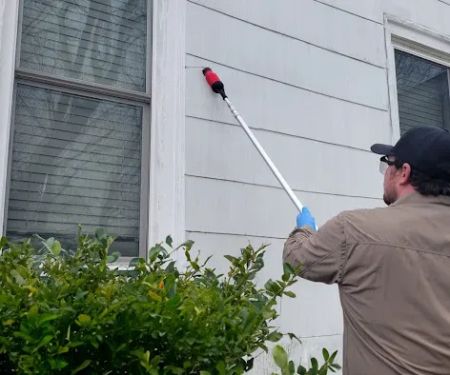 Homestead Pest Control4.0 (10 reviews)
Homestead Pest Control4.0 (10 reviews)109 E Bank St, Albion, NY 14411, USA
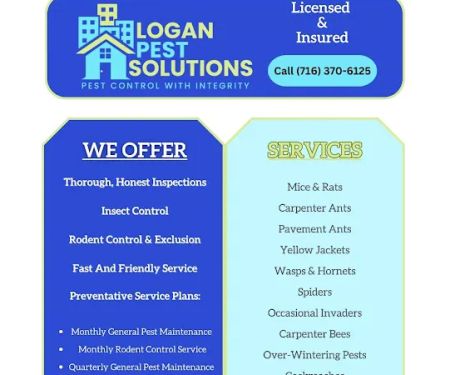 Logan Pest Solutions5.0 (48 reviews)
Logan Pest Solutions5.0 (48 reviews)64 S Vernon St, Middleport, NY 14105, USA
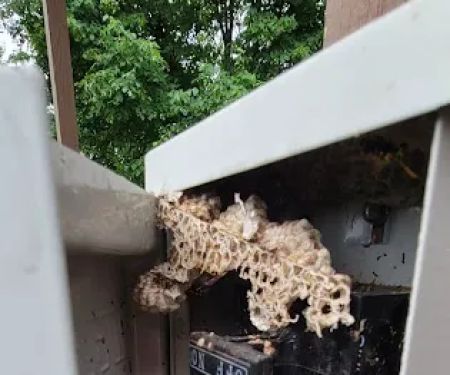 Residential and Commercial Pest Pros LLC5.0 (74 reviews)
Residential and Commercial Pest Pros LLC5.0 (74 reviews)623 Morton Rd, Hamlin, NY 14464, USA
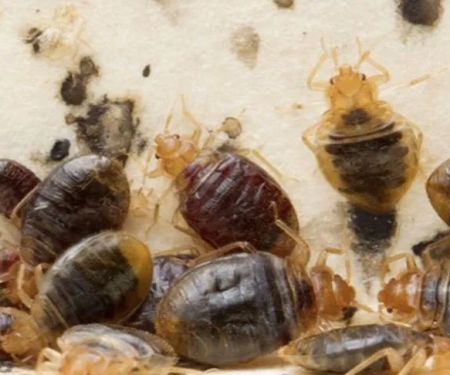 Cummings Pest Solutions5.0 (19 reviews)
Cummings Pest Solutions5.0 (19 reviews)5072 Gasport Rd, Gasport, NY 14067, USA
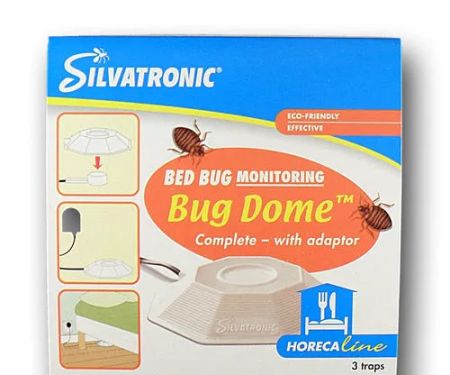 Bed Bug Exterminator Buffalo4.0 (185 reviews)
Bed Bug Exterminator Buffalo4.0 (185 reviews)1042 Fillmore Ave, Buffalo, NY 14211, USA
 RPM Pest Control Management LLC5.0 (6 reviews)
RPM Pest Control Management LLC5.0 (6 reviews)58 E Buffalo St, Churchville, NY 14428, USA
 Terminix4.0 (536 reviews)
Terminix4.0 (536 reviews)50 Vantage Point Dr Suite 1, Rochester, NY 14624, USA
 Gam Exterminating Buffalo NY Inc4.0 (217 reviews)
Gam Exterminating Buffalo NY Inc4.0 (217 reviews)5605 Kippen Dr, East Amherst, NY 14051, USA
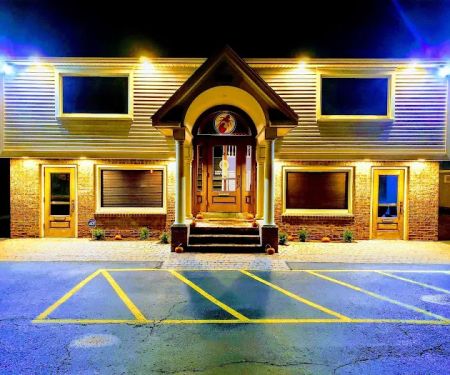 Town & Country Pest Solutions inc4.0 (2505 reviews)
Town & Country Pest Solutions inc4.0 (2505 reviews)2018 Latta Rd, Rochester, NY 14612, USA
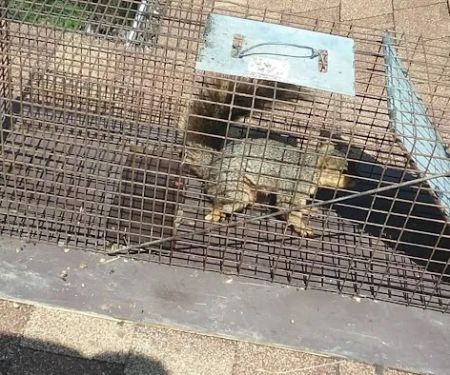 Bed Bug Night Stick0.0 (0 reviews)
Bed Bug Night Stick0.0 (0 reviews)2269 Lyell Ave, Rochester, NY 14606, USA
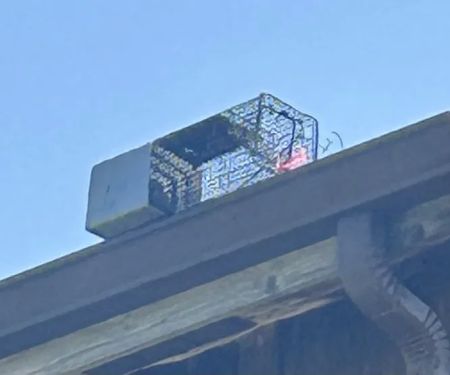 Jack's Nuisance Wildlife Removal5.0 (14 reviews)
Jack's Nuisance Wildlife Removal5.0 (14 reviews)88 Old Orchard Dr, Williamsville, NY 14221, USA
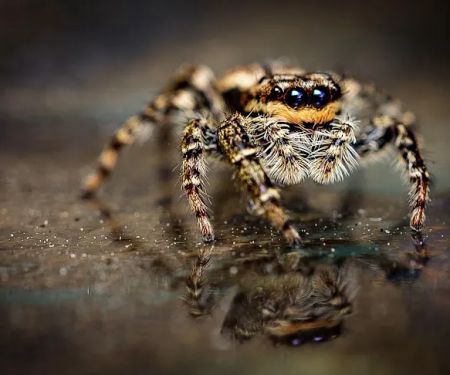 Amherst Exterminators4.0 (39 reviews)
Amherst Exterminators4.0 (39 reviews)300 International Dr # 100, Williamsville, NY 14221, USA
Categories
Top Visited Sites
 Instant Bed Bug Assassins4.0 (517 reviews)
Instant Bed Bug Assassins4.0 (517 reviews) Mainely Grass4.0 (402 reviews)
Mainely Grass4.0 (402 reviews) Cingo4.0 (104 reviews)
Cingo4.0 (104 reviews)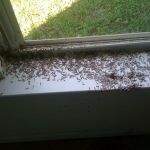 TFALLS PEST CONTROL, LLC4.0 (9 reviews)
TFALLS PEST CONTROL, LLC4.0 (9 reviews)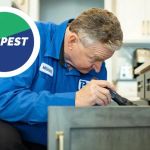 Pass Pest Control4.0 (16 reviews)
Pass Pest Control4.0 (16 reviews) Eco Pest Control Jersey City Co.5.0 (2 reviews)
Eco Pest Control Jersey City Co.5.0 (2 reviews)Trending pest control Blogs Posts
 How to Treat Pest Infestations in Attic Insulation – Expert Removal and Prevention Guide
How to Treat Pest Infestations in Attic Insulation – Expert Removal and Prevention Guide How to Prevent Pest Intrusion in Seasonal Homes: Effective Tips and Solutions
How to Prevent Pest Intrusion in Seasonal Homes: Effective Tips and Solutions How to Assess Pest Pressure in New Neighborhoods
How to Assess Pest Pressure in New Neighborhoods Why Pests Are More Active After Rain: Understanding the Link Between Weather and Pest Behavior
Why Pests Are More Active After Rain: Understanding the Link Between Weather and Pest Behavior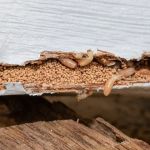 How to Detect Termites Under Slab Foundations: A Comprehensive Guide
How to Detect Termites Under Slab Foundations: A Comprehensive Guide How to Stage a Pest Control Plan for New Homeowners
How to Stage a Pest Control Plan for New Homeowners